ICYMI: North Dakota Businesses Are Forced to Bear the Costs of Washington’s Trade War
(BISMARCK, ND) – North Dakotans are starting to feel the effects of Washington’s budding trade war, according to a recent article featured in the Fargo Forum. Companies large and small are experiencing increased uncertainty, rising steel and aluminum prices and fewer customers willing to purchase their products. Now that the gloves have come off in this long-brewing trade dispute, local business owners are expressing concern that North Dakota jobs may be at stake. Rather than stepping in to protect North Dakota’s businesses, Kevin Cramer has given them the cold shoulder – dismissing their anxiety as “hysteria.”
Cramer’s devotion to toeing the party line is clearly more important to him than representing the interests of North Dakotans. As his constituents are forced to tighten their belts, Cramer has gone so far as to suggest that North Dakota’s farmers are objecting to the administration’s trade war because they have a low threshold for pain. The fact is, Kevin Cramer is so distracted by chasing a promotion that he’s unable to be an effective voice for North Dakota’s farmers and manufacturers.
Heidi Heitkamp, on the other hand, is speaking up on behalf of all North Dakotans, coming out strongly against the administration’s reckless and harmful trade policies. Heidi understands that North Dakotans are tough – but she also knows there’s no reason for them to be the first victims of Washington’s trade war. That’s why she’s building bonds across the aisle, leading a coalition dedicated to protecting the country’s farmers and manufacturers from the White House’s ill-advised plan.
Read a quick recap of the article below:
Forum: North Dakota, Minnesota companies feel effects of tariffs
-
“It’s been pretty difficult lately, because things have been so up and down in D.C.,” said Stacey Breuer, a spokesperson for Bobcat, the heavy equipment manufacturer that employs 3,000 workers in four North Dakota cities. New tariffs coincide with rising steel prices, which have crept upwards for months on market uncertainty, she said.
-
Those concerns echo throughout the market, from companies as big as Bobcat to those as small as Wheatland Steel and Trim, a Tower City, N.D., company specializing in steel roofing and siding. Moses Wipf, a manager with Wheatland, said farmers might want to build themselves a new pole barn, but the increased price of steel—and a lull in corn and soybean prices—might put it out of reach.
-
The same goes for TrueNorth Steel, which has corporate offices in West Fargo. Company president Dan Kadrmas said he was at the White House not long ago to celebrate the benefits of the GOP tax overhaul, but these new tariffs have his company scrambling.
-
Simon Wilson is executive director of the North Dakota Trade Office. Like Breuer, he underscored how much uncertainty recent months’ talk of tariffs has injected into the market. And now, with the U.S. actually trading economic punches with its allies, he said jobs are at stake. He shared the story of a central North Dakota business, which he declined to identify, that’s heavily dependent on aluminum. The new tariffs could mean layoffs, he said. “It (has) a local community effect,” he said “People have less hours on the production line, they have less money to spend.”
-
Sen. Heidi Heitkamp, D-N.D., has also voiced concern over growing trade tensions, recently meeting with the Mexican ambassador to the U.S. and leading state agriculture producers. “We need smart trade policies to allow our farmers to reach new markets — not tariffs and hostility toward our top trading partners — and this meeting was a good opportunity for our partners in Mexico to hear that North Dakota farmers want to continue a strong trade partnership that keeps our rural communities strong,” she said in a statement.

